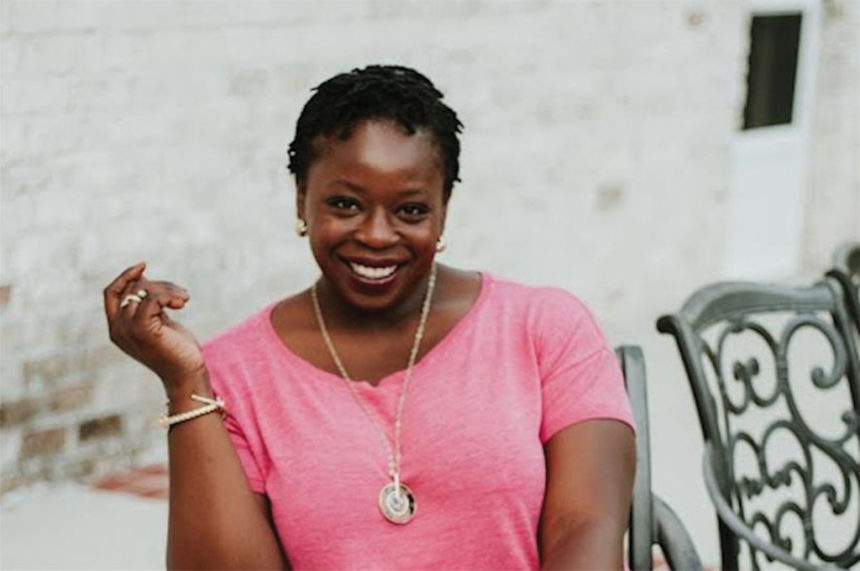In honor of Black History Month, Campaign US is spotlighting Black executives from across the industry. This interview with Lola Bakare, creator of Maximize The Movement and founder of be/co, has been lightly edited.
What has your experience been like as a Black person in the advertising/marketing industry?
I began my marketing career as an entry-level marketing associate at PepsiCo on the Gatorade brand. Before becoming an independent consultant, I held roles across industries including tech, which culminated in working in the digital publishing space as brand marketing director at The Daily Dot. Throughout all of these experiences, the lack of Black representation in leadership juxtaposed with the reliance on Black consumers for revenue has always been a glaring disconnect.
My most challenging moments took place during my role at The Daily Dot, where I was responsible for spearheading successful initiatives that led to massive audience growth while being reprimanded for having an “abrasive” leadership style and being asked to “tone it down.” In one instance I’ll never forget, I was asked to be more “mindful” of my facial expressions during meetings.
What Black stereotypes are you tired of seeing brands use?
Black people are not a monolith. We do not wish to be celebrated solely for our athletic and musical abilities. We want to be seen for our intellect as often as we are for our physicality. Black women are not “sassy,” Black people are not “loud” and Black men are not “intimidating.” The tropes that define us through these narrow lenses are all too prevalent, even in a post-George Floyd America.
What brand (or brands) do you think do a good job of representing Black people in advertising?
When I think about the role advertising has the power to play in our desire to create a more equitable world, I think less about representation and more about impact. Brands like Ulta Beauty, Citi, Athleta, PepsiCo and Carta, to name a few, are focused on righting the historical wrongs most relevant to their industries to have a meaningful and measurable impact on Black lives. Carta’s recent initiative showcasing its portfolio companies that have Black founders is a prime example. There’s nothing performative about going the extra mile to make Black-owned companies more successful.
Where has the advertising industry made progress with diversity and inclusion? What still needs to be done?
I’d say the industry has made the most progress of late by being willing to have these conversations more openly. It is no longer possible to avoid prioritizing discourse around diversity, equity and inclusion and its role in bottom-line business success, as much as some leaders in the industry (as recently profiled by Campaign) might find it distracting or inconvenient.
There’s still a belief disconnect. We understand advertising is at its most effective when it makes an emotional connection. How is appealing to the innate desire most humans have for fairness and equity any different? Edelman’s Trust Barometer continues to tell us that purpose drives purchase decisions for more than half of consumers out there. What more proof do we need?
How would you like brands to celebrate Black History Month?
My hope is that brands celebrate Black History Month by listening to their Black employees and looking in the mirror. Beyond activity meant to check the box, what can you do to start the long-term process of making a meaningful, measurable movement toward more equity in your organization and beyond? Focus there to go beyond the performative.
What advice would you give the next generation of Black marketers/creatives?
I want the next generation of Black marketers and creatives to wholeheartedly believe that their lived experiences equal high-value, sought-after expertise that brands and agencies are looking for.
As I said recently: “On a recent episode of NPR’s ‘It’s Been A Minute’ podcast with Sam Sanders, journalist Soraya Nadia McDonald reminds Black journalists to think of their unique lived experiences as expertise. This advice couldn’t be more relevant to aspiring black marketers.Think about it! You have native experience interpreting the world around you as a market researcher. You are uniquely sensitive to the hidden layers of cultural sensitivity that brands led by teams that don’t represent the diversity of their consumers often miss. By proudly showcasing this ability as one of your key differentiators, you’ll become that much more attractive to future employers who are looking to address their DE&I opportunity areas head on.”
This story first appeared on campaignlive.com.







